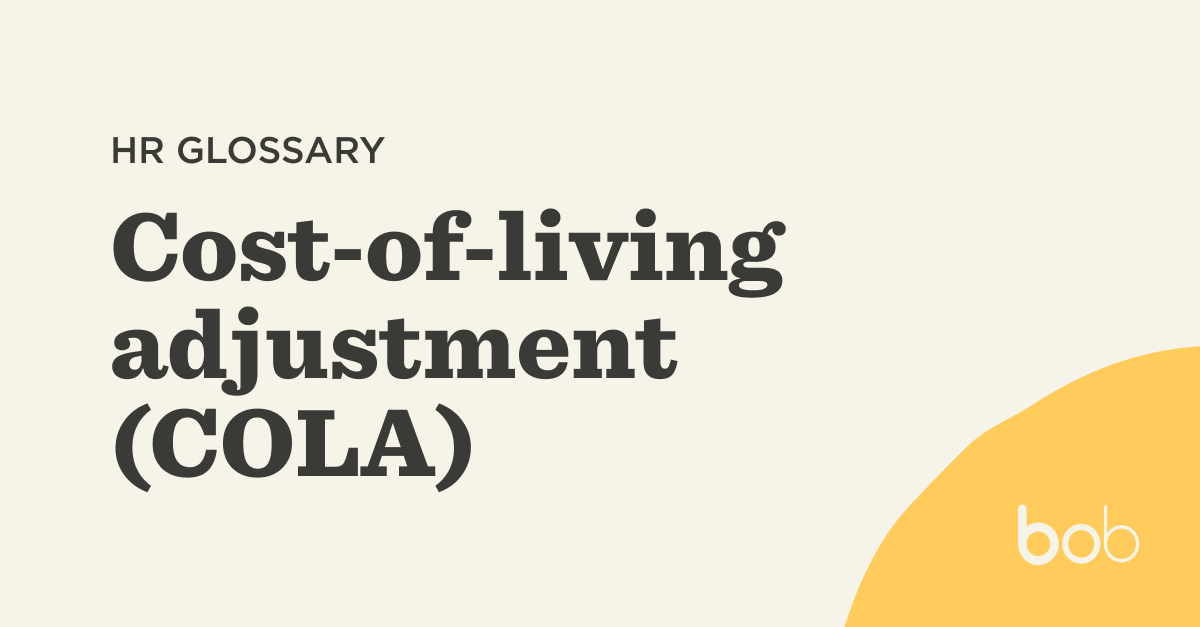A Cost of Living Adjustment (COLA) is a periodic adjustment made to wages or salaries to account for increases in the cost of living. This ensures that employees’ purchasing power remains relatively stable over time, even as prices for goods and services rise.
How COLAs Work
COLAs are typically calculated based on changes in a specific index, such as the Consumer Price Index (CPI). The CPI measures the average change over time in the prices paid by urban consumers for a market basket of consumer1 goods and services.
When the CPI increases, it indicates that the cost of living has risen. This triggers a corresponding adjustment to wages or salaries, ensuring that employees can maintain their standard of living.
Factors Affecting COLAs
- Inflation Rate: The overall rate of inflation in the economy.
- Economic Conditions: Economic growth, recession, and other economic factors can impact COLAs.
- Industry and Company Performance: The financial health of the industry and company can influence the availability of COLAs.
- Collective Bargaining Agreements: Union contracts may include provisions for automatic or negotiated COLAs.
- Individual Performance: Outstanding performance may lead to additional salary adjustments beyond COLAs.
Benefits of COLAs
- Maintained Purchasing Power: Protects employees’ purchasing power during periods of inflation.
- Employee Morale: Can boost employee morale and job satisfaction.
- Reduced Turnover: Helps retain valued employees by ensuring competitive compensation.
Challenges of COLAs
- Cost to Employers: Implementing COLAs can increase labor costs for employers.
- Inflation Expectations: If inflation expectations are high, COLAs may need to be adjusted accordingly.
- Economic Uncertainty: Economic downturns can limit the ability of employers to provide COLAs.
The Future of COLAs
While COLAs have been a common practice for many years, their future may be uncertain. Factors like globalization, automation, and changing economic conditions can impact the frequency and magnitude of COLAs. However, as long as inflation remains a concern, COLAs will likely continue to play a role in compensating employees.
By understanding the concept of COLAs and the factors that influence them, employees can better advocate for their financial well-being and negotiate fair compensation.




